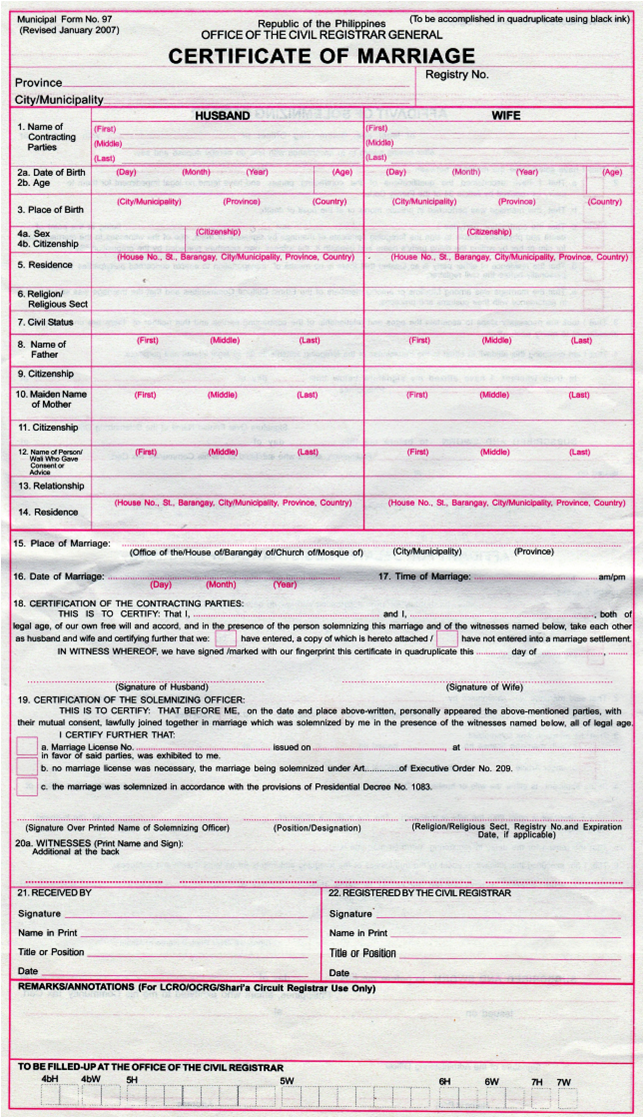Article Explanation: Articles 209, 210, 211, 212 and 213 of the Family Code
Art. 209. Pursuant to the natural right and duty of parents over the
person and property of their unemancipated children, parental
authority and responsibility shall include the caring for and rearing
them for civic consciousness and efficiency and the development of
their moral, mental and physical character and well-being. (n)
Explanation:
Paternal authority
patria petestas is the mass of rights and obligations which
parents have in relation to the person and property of their children
until their emancipation, and even after this under certain
circumstances.
The article
emphasizes that pursuant to the natural right and duty of parents
over the person and property of their unemancipated children,
parental authority and responsibility includes: (a) the caring for
and rearing of such children for civic consciousness and efficiency;
and (b) the development of their moral, mental and physical character
and well-being.
Art. 210. Parental
authority and responsibility may not be renounced or transferred
except in the cases authorized by law. (313a)
Explanation:
Parental authority
can not be renounced or transferred except in the cases authorized by
law, such as: (a) guardianship; (b) adoption; and (c) deprivation or
suspension of parental authority (Arts. 223-224).
Art. 211. The father
and the mother shall jointly exercise parental authority over the
persons of their common children. In case of disagreement, the
father's decision shall prevail, unless there is a judicial order to
the contrary.
Children shall
always observe respect and reverence towards their parents and are
obliged to obey them as long as the children are under parental
authority. (311a)
Explanation:
Both spouses
exercise parental authority over their common children and in case of
disagreement, the father's decision shall prevail, unless there is a
judicial order to the contrary.
The children shall
always observe respect and reverence toward their parents, whether or
not they are not under parental authority. The children are obliged
to obey his or her parents as long as they are under parental
authority.
Art. 212. In case of
absence or death of either parent, the parent present shall continue
exercising parental authority. The remarriage of the surviving parent
shall not affect the parental authority over the children, unless the
court appoints another person to be the guardian of the person or
property of the children. (n)
Explanation:
The parent present
shall continue exercising parental authority. The remarriage of the
surviving parent shall not affect the parental authority over the
children, unless the court appoints another person to be guardian of
the person or property of the children.
Art. 213. In case of
separation of the parents, parental authority shall be exercised by
the parent designated by the Court. The Court shall take into account
all relevant considerations, especially the choice of the child over
seven years of age, unless the parent chosen is unfit. (n)
No child under seven
years of age shall be separated from the mother, unless the court
finds compelling reasons to order otherwise.
Explanation:
In case of
separation of the parents, parental authority shall be exercised by
the parent designated by the court. The court shall take into account
all relevant considerations, especially the choice of the child over
seven years of age, unless the parent chosen is unfit. No child under
seven years of age shall be separated from the mother, unless the
parent chosen is unfit. The task of choosing the parent to whom
custody should be awarded is not a ministerial function to be
determined by a simple determination of the age of a minor child.
Whether a child is under or over seven years of age, the paramount
criterion must always be the child’s interest. Discretion is given
to the court to decide who can best assure the welfare of the child,
and award the custody on the basis of that consideration. To be sure,
the welfare, best interests, the benefit, and the good of the child
must be determined as of the time that either parent is chosen to be
the custodian. When the parents of the child are separated, Article
213 of the Family Code is the applicable law.

Comments
Post a Comment